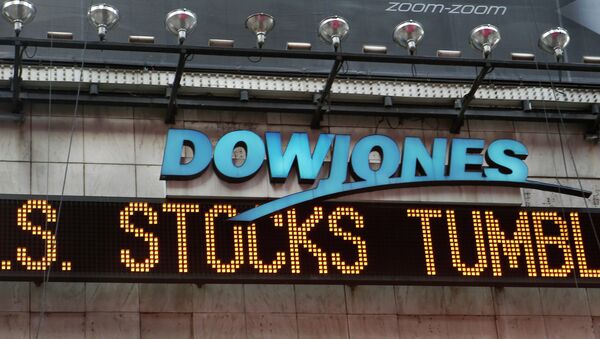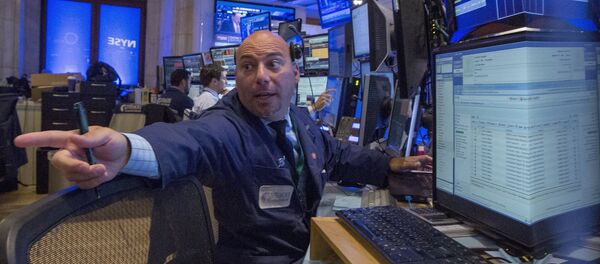Weak indicators of China’s manufacturing activities lead to a massive drop in shares on Friday, followed by another big fall on Monday that triggered a mass sell-off all over the world.
“Finally, we should all be in ‘survival mode’ today; there is no reason to take action of any sort other than to raise liquidity where necessary in order to survive the present chaotic situation,” Gartmann said.
“Survival is all that matters,” he added.
On Tuesday, European stock markets rebounded at the start of trading, despite another night of a significant drop in Chinese shares. However, Swiss investor Marc Faber does not believe that the situation is going to improve in the long run.
At the same time, the Fed tried to calm things down. US central bank representative Dennis Lockart said that the US will start with an increase in interest rates later this year and that there will be a gradual normalization of monetary policy.
As for now, the interest rates will tend to remain low for a certain period of time. How the economy would develop further is difficult to predict taking into account the strong dollar and low oil prices.
"Currently, developments such as the appreciation of the dollar, the devaluation of the Chinese currency, and the further decline of oil prices are complicating factors in predicting the pace of growth," Lockhart stated.


